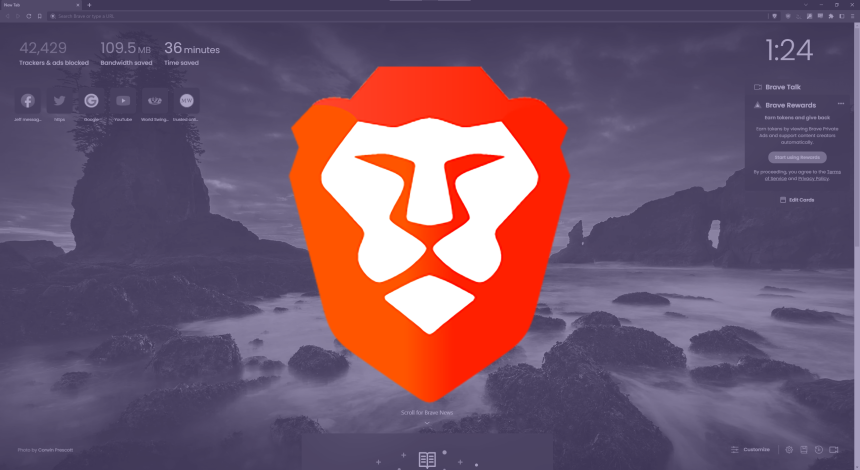Brave has joined the growing list of browsers that incorporate built-in generative AI assistants. The open-source browser developer has initiated the release of an update for its desktop browser, granting users access to its AI assistant, Leo.
Brave first introduced Leo through its Nightly experimental channel in August and has been conducting tests since then. This assistant is powered by the Llama 2 large language model, a collaborative effort between Microsoft and Meta developed for both commercial and research applications.
Like other AI assistants, users can instruct Leo to perform various tasks, such as generating summaries of web pages and videos, translating or rephrasing content, and even creating new material. The Llama 2-driven Leo is accessible to all users for free.
However, Brave has also introduced a paid version, Leo Premium, which offers “higher-quality conversations.” Leo Premium is powered by Anthropic’s Claude Instant and can provide more extended and detailed responses. Users will need to subscribe at $15 per month for this service, which also includes priority access during peak periods and early access to new features.
In their announcement, Brave Software stressed Leo’s commitment to user privacy. The developer clarified that conversations with Leo are not stored on its servers, and the assistant’s responses are immediately discarded and not used for model training. Furthermore, Brave does not collect IP addresses or retain personal data that could identify a user. Users are not even required to create an account to use Leo.
Earlier in July, Brave faced criticism when it was accused of selling copyrighted information for training artificial intelligence models without consent. In response to these allegations, Josep M. Pujol, Chief of Search at Brave, stated, “Brave Search has the right to monetize and establish terms of service for the output of its search engine.” He further explained that the “content of web pages” provided is always an excerpt based on the user’s query, with proper attribution to the content’s URL, which is a standard practice for all search engines.
Brave is gradually rolling out Leo on desktop in stages over the next few days. Users of the browser on Android and iOS devices will need to watch for its release on mobile platforms in the coming months.








